
What is a heat dome?A meteorologist explains the weather phenomenon baking the northeast quarter of the US

Autumn has finally arrived in the UK following an unusually sunny September. The days are growing shorter, the temperature cooler, and the leaves are changing colour.
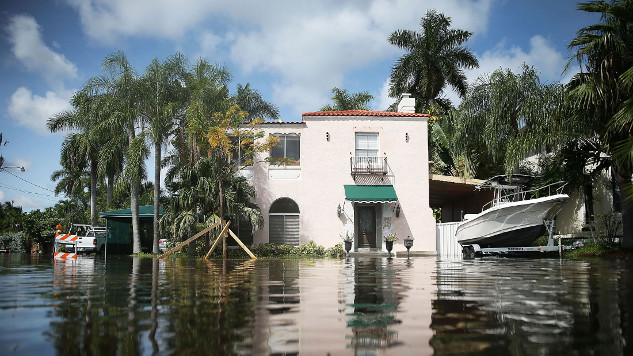
Climate change has emerged as one of the most pressing challenges of our time, bringing with it a cascade of consequences, including extreme weather events that wreak havoc on communities and infrastructure.
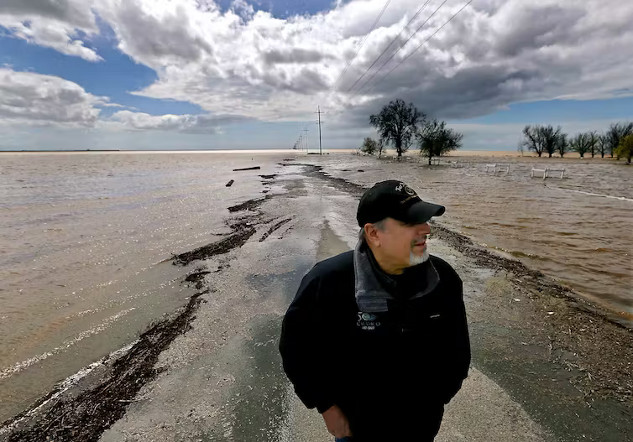
As temperatures rise, the warmer atmosphere can hold more water vapor. Evaporation of water from land and oceans also increases. That water has to eventually come back to land and oceans.

As Maui's fires raged on, fueled by a combination of drought, intense winds, and climate shifts, the reality of our times became inescapably clear: we are living the climate crisis.
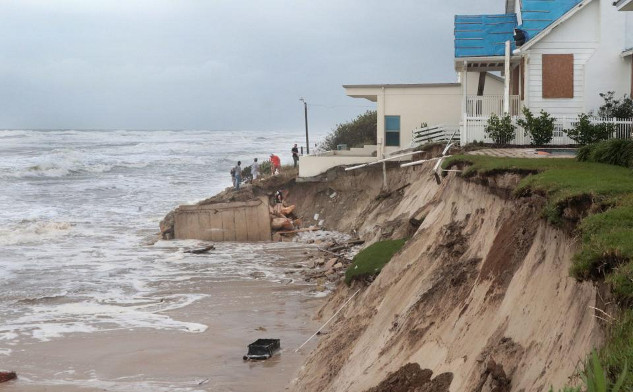
In 2021, the United States witnessed the impact of natural hazards on nearly one in 10 homes. As climate change continues to shape our environment, it becomes imperative to identify the riskiest regions in the country.
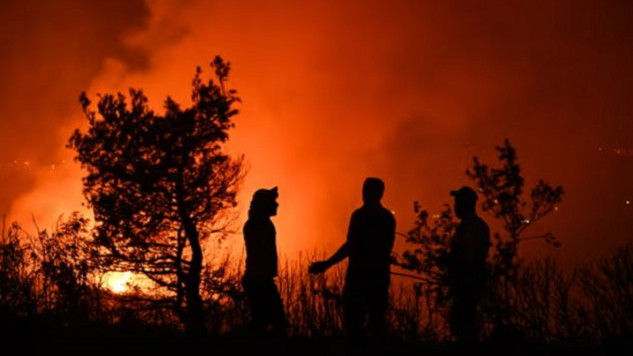
The world faces an unprecedented climate crisis as temperatures soar and heat records are shattered across the globe.
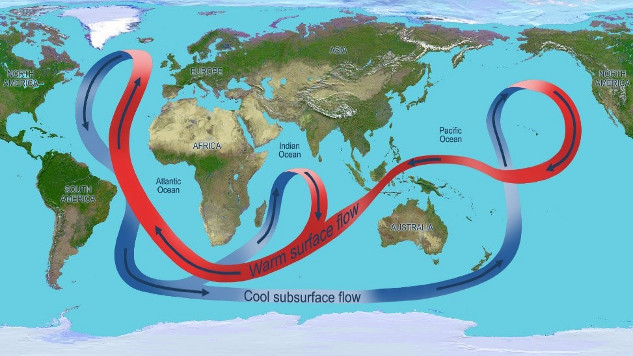
Have you ever heard of the Atlantic Meridional Overturning Circulation or AMOC? Don't worry if you haven't! It's not a daily discussion topic, but it's an integral part of our planet that scientists watch closely.
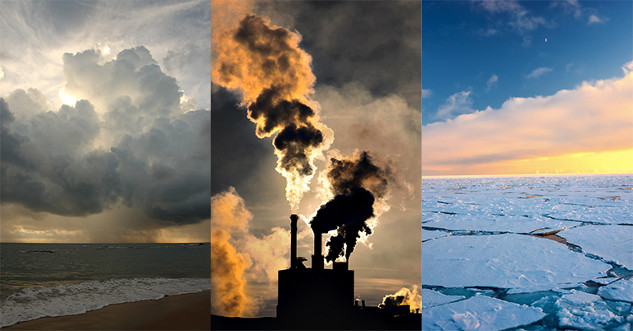
Global warming is a pressing issue that poses severe threats to our planet and all its inhabitants. In recent years, scientists have warned about the potential consequences of reaching a 3°C increase in global temperatures.

Here are the alarming findings of a global scientific study on Earth's boundaries. Learn why urgent action is needed to address climate change, biodiversity, freshwater, nutrient use, and air pollution for a sustainable and just future.
- By Andrew King
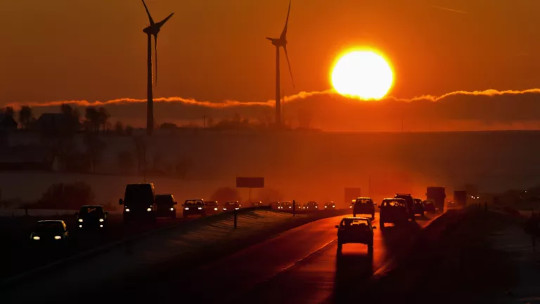
A 2023 report warns of a 98% chance that one of the next five years will be the hottest on record, with a 66% chance of exceeding the crucial 1.5°C global warming threshold. Find out the alarming implications and the urgency for emissions reduction.
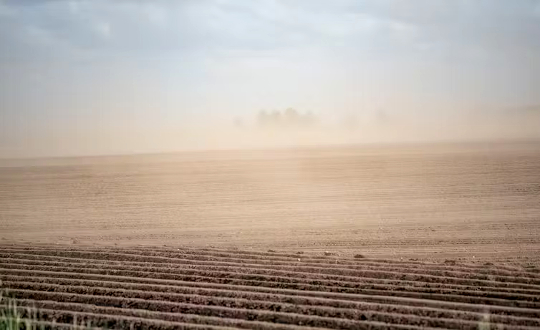
Drought has direct consequences on our lives, not least because it threatens basic foodstuffs such as milk.
- By Michael Head
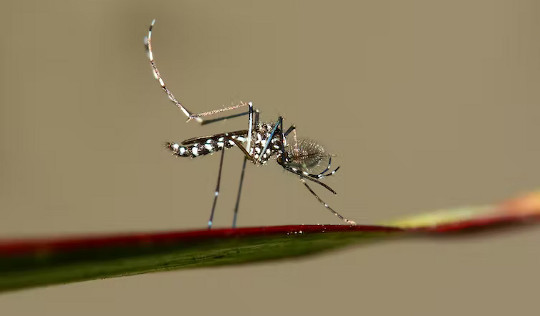
Dengue, a viral infection spread by mosquitoes, is a common disease in parts of Asia and Latin America. Recently, though, France has experienced an outbreak of locally transmitted dengue.
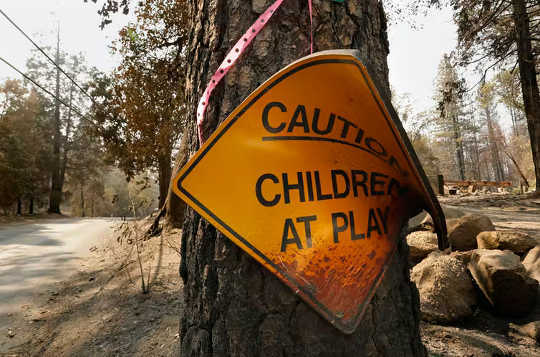
We are facing a much different fire regime in a hotter, drier world. In the western U.S., the area burned by wildfires has doubled since the mid-1980s compared to natural levels.
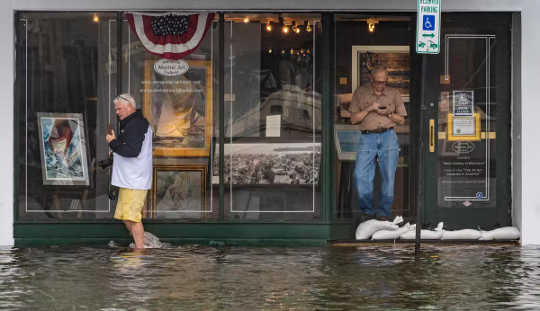
Waterfront homes are selling within days of going on the market, and the same story is playing out all along the South Florida coast at a time when scientificreportsare warning about the rising risks of coastal flooding as the planet warms.

Brace yourselves, allergy sufferers – new research shows pollen season is going to get a lot longer and more intense with climate change.
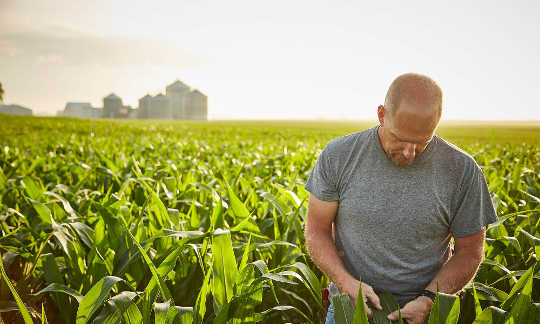
Climate change means extreme events such as floods, bushfires and droughts will become more frequent and severe. Those events will disrupt food supply chains, as people along Australia’s sodden east coast have seen again in recent weeks.
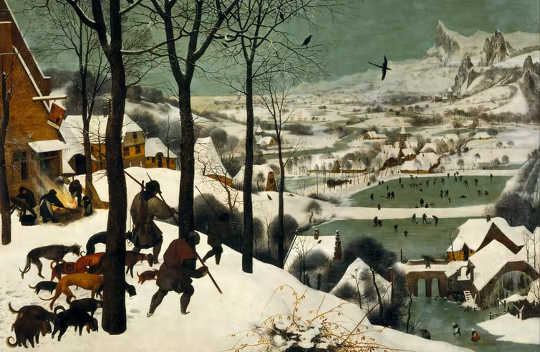
This isn’t the first time that Britain has experienced drastic climate change, however. By the 16th and 17th centuries, northern Europe had left its medieval warm period and was languishing in what is sometimes called the little ice age.
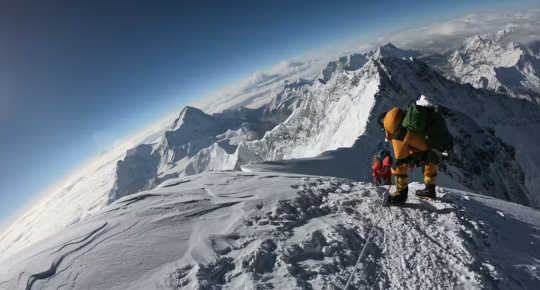
Mountain glaciers are essential water sources for nearly a quarter of the global population. But figuring out just how much ice they hold – and how much water will be available as glaciers shrink in a warming world – has been notoriously difficult.
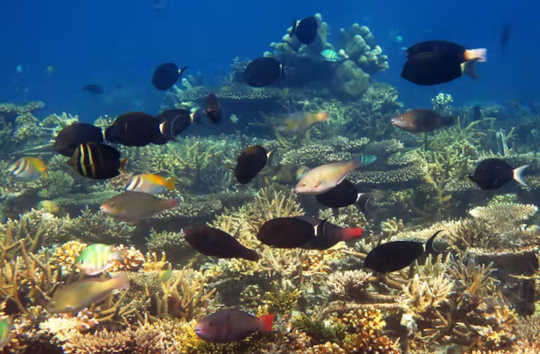
Coral reefs have long been regarded as one of the earliest and most significant ecological casualties of global warming.
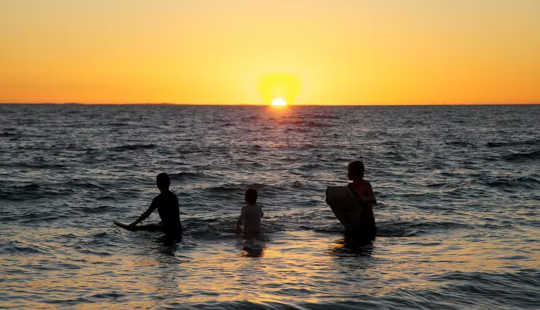
Perth smashed its previous heatwave records last week, after sweltering through six days in a row over 40? – and 11 days over 40? this summer so far. On top of that, Perth has suffered widespread power outages and a bushfire in the city’s north.
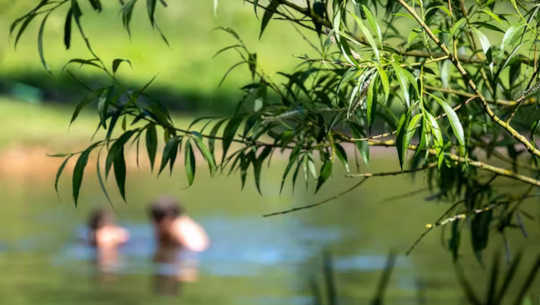
More people are going to hospital, compared with 20 years ago. It turns out, that’s not the only surprise in this new report. Here’s how else climate change is affecting health in Britain.
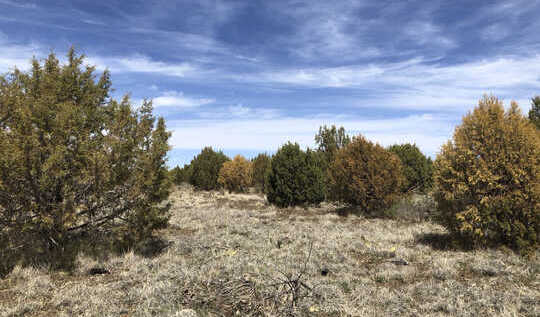
Like humans, trees need water to survive on hot, dry days, and they can survive for only short times under extreme heat and dry conditions.


















